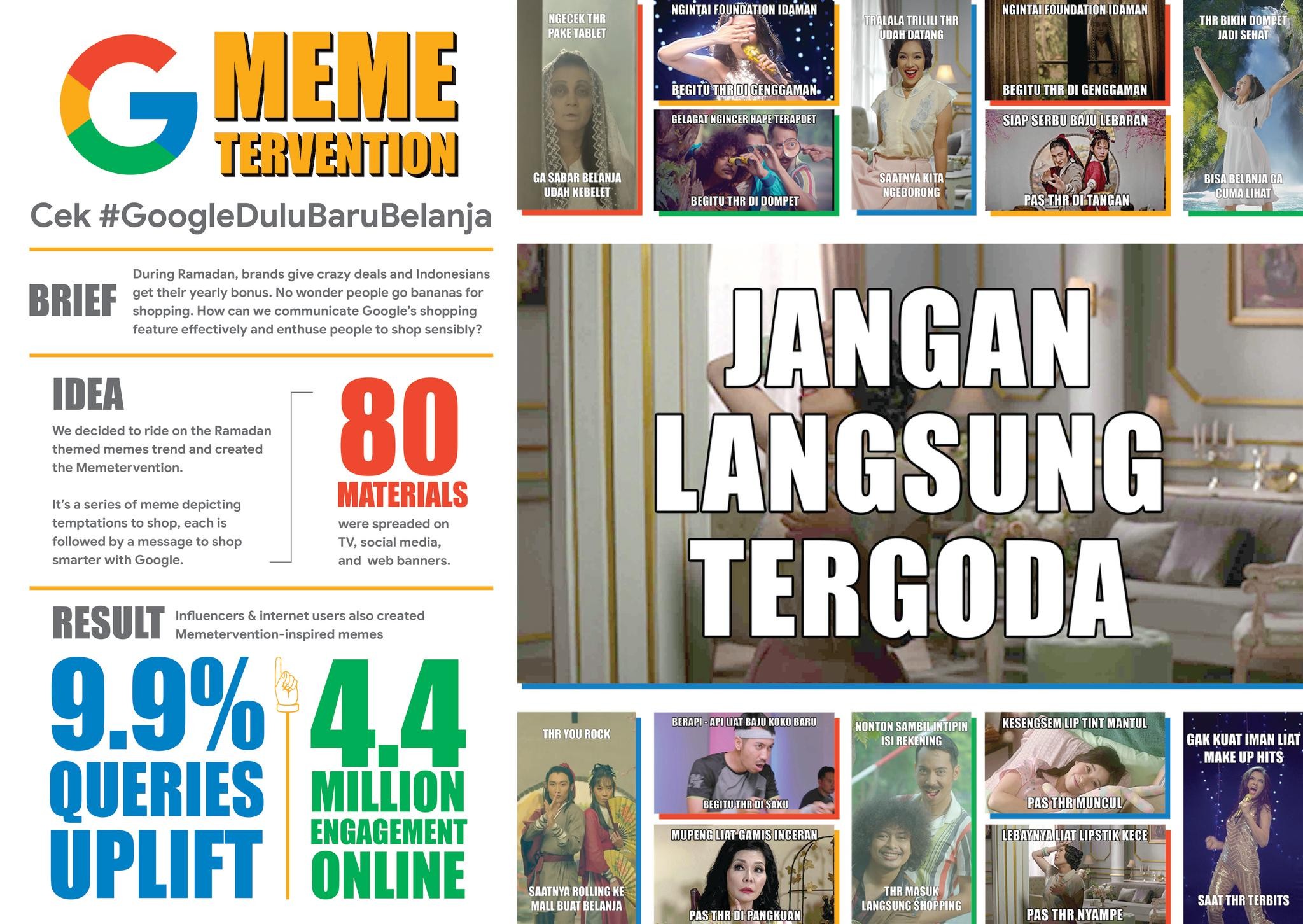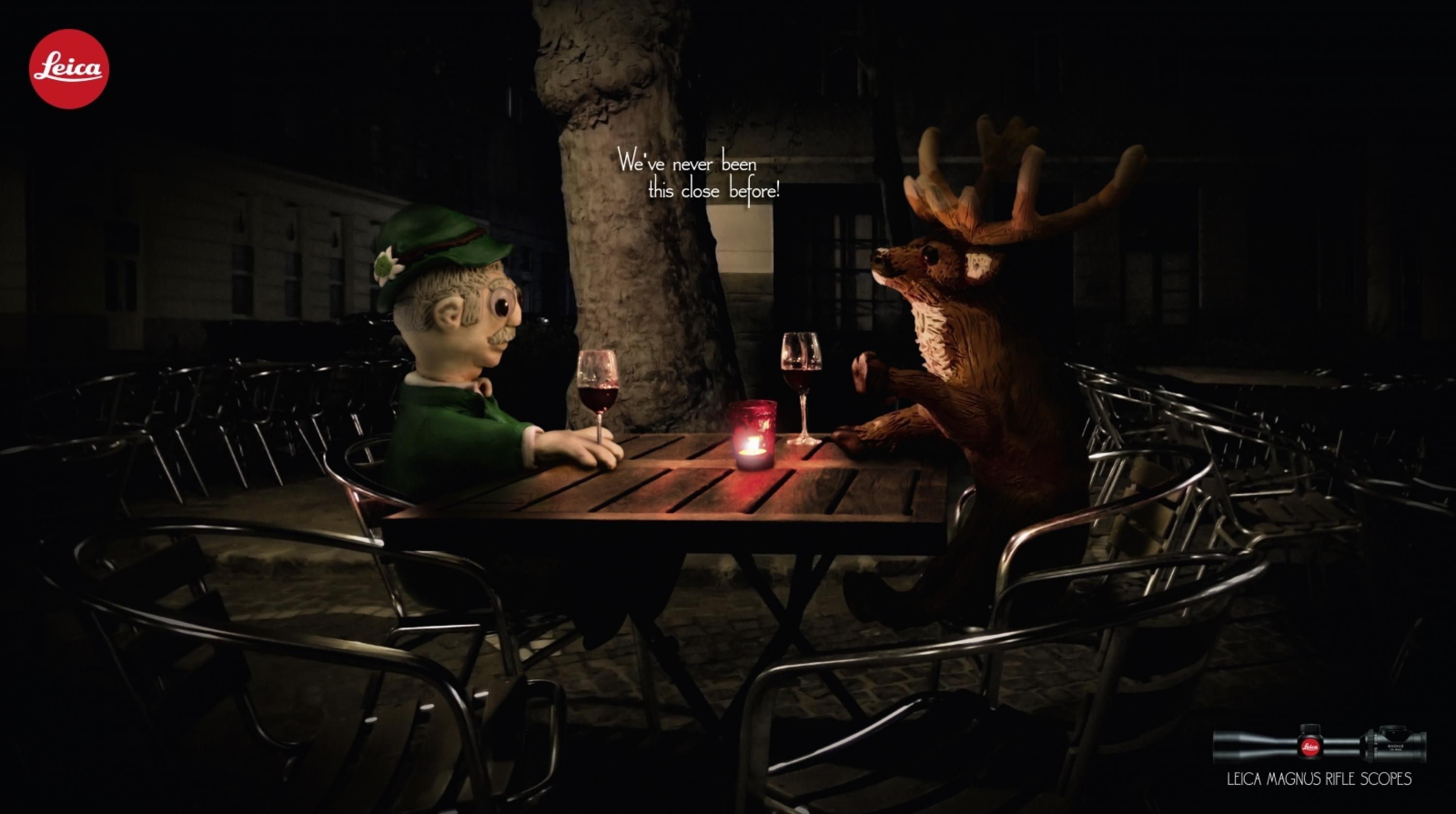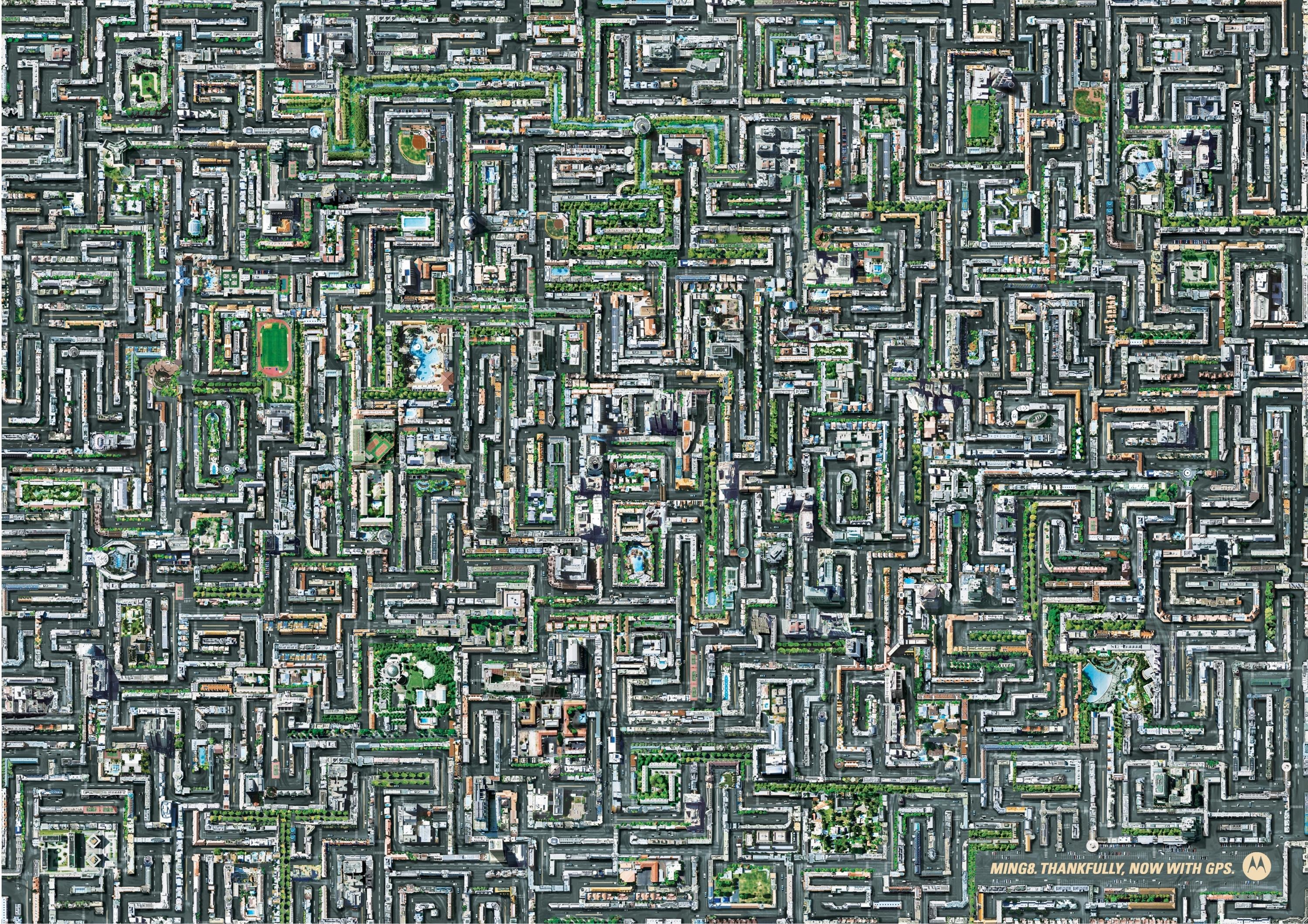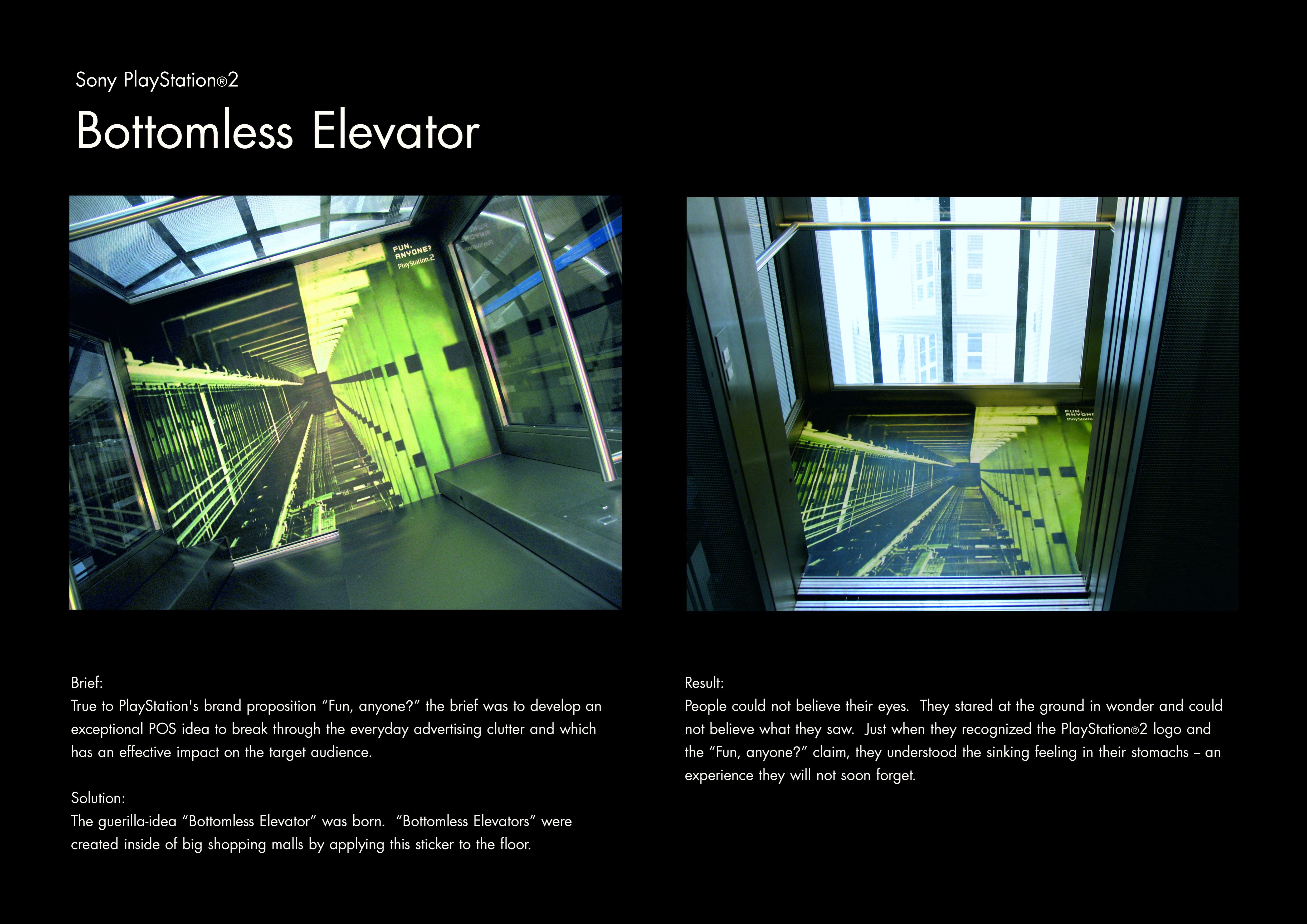Cannes Lions
Search On: Positive Current
GOOGLE BRAND STUDIO, San Francisco / GOOGLE / 2019

Overview
Entries
Credits
Overview
Background
Flint is a city of 100,000 near Detroit, Michigan. In 2014, Flint switched its water source from Lake Huron to the Flint River. Chloride in the river corroded Flint’s aging pipes, leaching hazardous amounts of lead into the drinking water. Developing brains are especially vulnerable to lead’s potent neurotoxins, with consequences like lower IQ and reduced potential for learning. Between 6,000-12,000 children have been exposed, and most residents now rely on bottled water.
This tragic story caught the eye of Gitanjali Rao, a brilliant 13-year old inventor and entrepreneur from Colorado. Gitanjali’s passion for helping others led her to seek ways to address the lead-contaminated water crisis in Flint. With the help of Android App Maker, Anjali invented a simple and cost-effective device that can instantly detect lead in drinking water. We wanted to celebrate Gitanjali’s energy, passion, and drive to solve big problems that affect thousands.
Idea
Gitanjali’s achievements have been celebrated and told in short media pieces far and wide, so we wanted to tap into a different angle on her story, and take a fresh creative approach that simultaneously highlighted the playfulness of her personality, but also the seriousness with which she takes her work. As an (at the time) 12-year-old scientist and inventor, Gitanjali had frequently been portrayed as cute or precocious, but we saw a very thoughtful and deliberate gravity to her process, as well as a keen understanding the potential impact of her inventions. With the film, we sought to tell Gitanjali’s story in her own words, leaning on experts only to set context or convey the importance of Gitanjali’s work in the scientific field. Similarly, we employed a cinematic, fast-paced and deliberate filmmaking style that echoed the iterative creative process of Gitanjali’s mind.
Strategy
“Search On” pairs narrative storytelling and real-life users, who are doing incredible things with the help of Google technology. This creates a multi-layered relevance to the brand. First, it elevates and heroes ordinary Google users doing extraordinary things, which provides relatable characters for our audience to identify with and be inspired by. Secondly, it reinforces the value of Google products for aiding everyone in doing more with their time and talents. Lastly, the characters themselves show intimately how their own quest for answers and solutions to big problems reflect the same spirit by which Google was founded.
Execution
We brought Anjali’s story to life through an integrated campaign across Google’s brand platforms — most notably a documentary film on YouTube, and an interactive online article on Google’s main corporate pahe, about.google. We ran organic and paid media, promoted the story on the google.com homepage, and featured Anjali on the Tonight Show with Jimmy Fallon.
Additionally, we socialized “Positive Current” to policymakers and thought leaders with a kickoff event in Washington, DC, inviting representatives from NASA, the Deputy Mayor for Planning and Economic Development, and members of the community. Lastly, we featured Anjali (and others) in a branded content piece with the New York Times centered around ‘How Teens Are Using Tech to Solve Some of the World’s Biggest Problems.’
Outcome
30 days after launch, we reached 4.7M people via owned social channels, 2.3M video views, and 1.7M unique pageviews on our interactive online article.
Similar Campaigns
12 items








